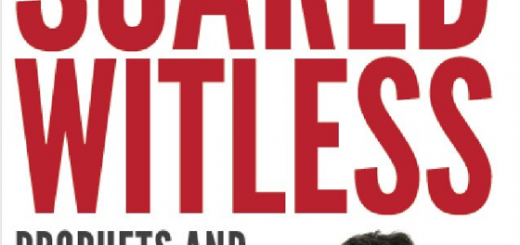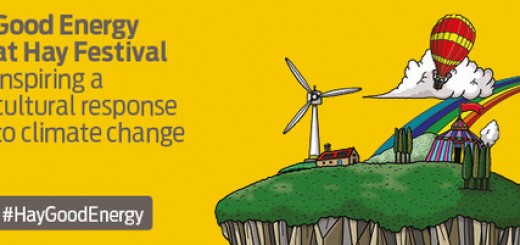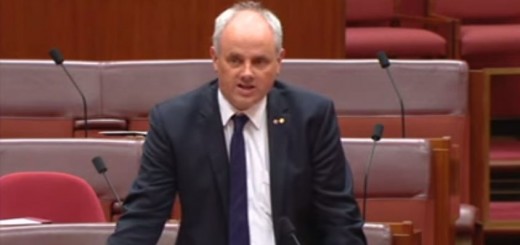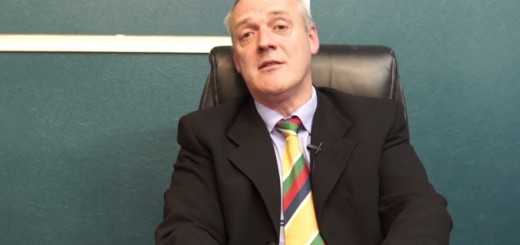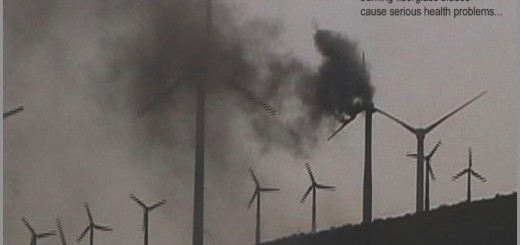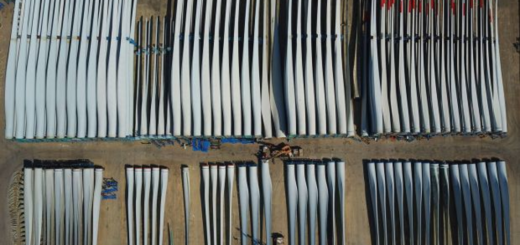MCKITRICK ON CLIMATE CHANGE
THE “PAUSE” IN GLOBAL WARMING.
THE FLAWS IN CLIMATE MODELS.
This is intended as a layman’s guide to understanding how governments, policy-makers and environmental groups come up with the “Social Costs of Carbon.”
For the past …15 to 20 years in the surface temperature record there hasn’t been an increase – so temperatures are more or less back where they were in the late 1990’s.
Ross McKitrick,
Professor of Economics,
University of Guelph
Dr. Ross McKitrick, speaking at the Friends of Science Annual Luncheon in May 2014, showed how damages from the use of fossil fuels/hydrocarbons, are assessed as the “Social Cost of Carbon” (SCC) — using Integrated Assessment Models (IAMs). However, the SCC are often wildly exaggerated. Why? They are based on flawed climate models that, on average, incorrectly predicted a surface global warming trend from 1998 that was four times the observed data. McKitrick cited American economist Robert Pindyck (2013) who said of Social Costs of Carbon economic models that:
“[The] models are so deeply flawed as to be close to useless as tools for policy analysis. Worse yet, their use suggests a level of knowledge and precision that is simply illusory, and can be highly misleading.” Social Costs of Carbon are predictive judgments that attempt to put a value on the negative impact of using fossil fuels. Taxpayers and mid-level policy makers are likely unaware that climate policy decisions are made, based on skewed, but “precise-looking,” mathematical results of IAMs calibrated to faulty climate models, to arrive at the “Social Costs of Carbon” – the price a ’polluter pays.’ Due to these “flaws” McKitrick advises policymakers to wait 2-4 years before implementing any new policies.
For instance, some activist groups allege that using coal-fired power plants (carbon) causes “X” number of deaths per year, or “X” number of hospital admissions and related medical costs for treating asthma (social costs). However, these claims refer to carbon particles (soot) which are already heavily regulated. New regulations or fees on carbon dioxide (CO2) won’t have any effect on asthma, lung disease etc. because CO2 is a natural and harmless part of the air already. The only reason people say it is harmful is that computer climate models say it is causing dangerous heating of the planet. But these models are known to have predicted about 4 times too much warming than has been observed over the past 15 year period to 2012.
